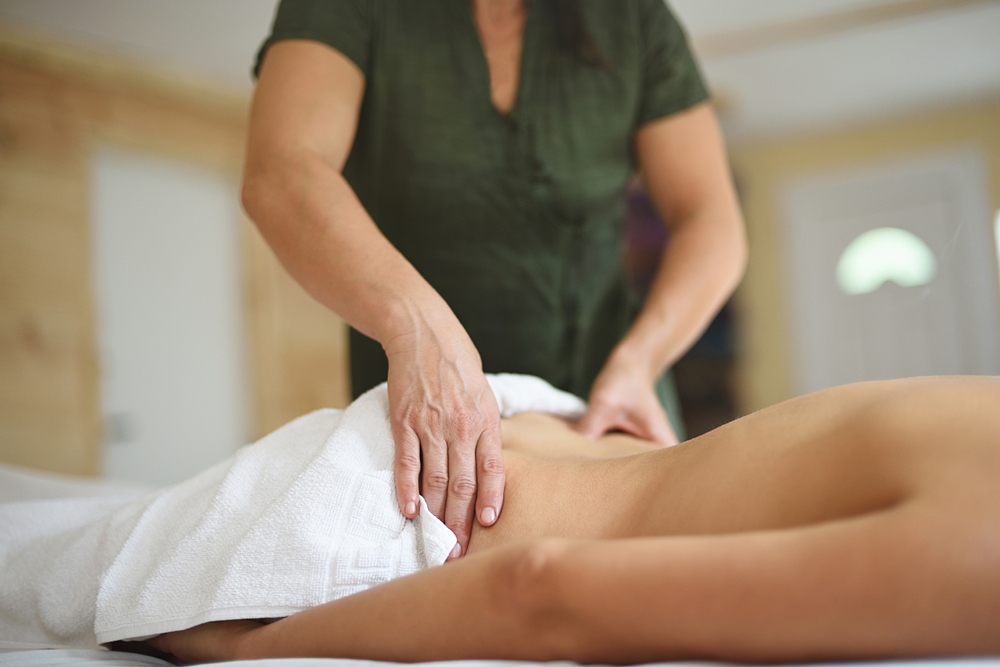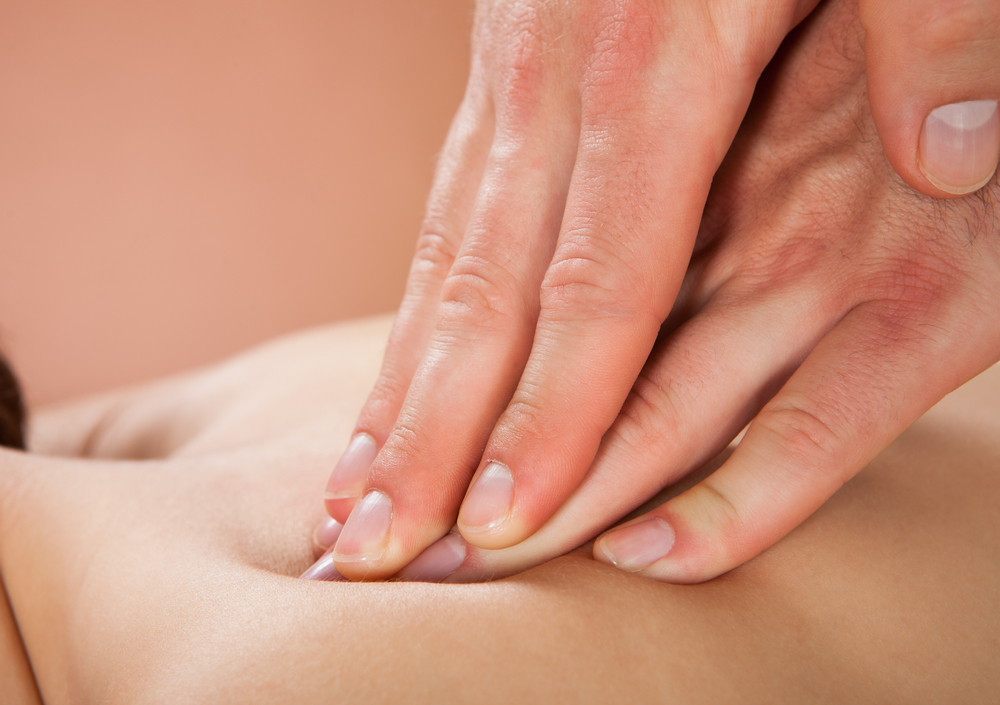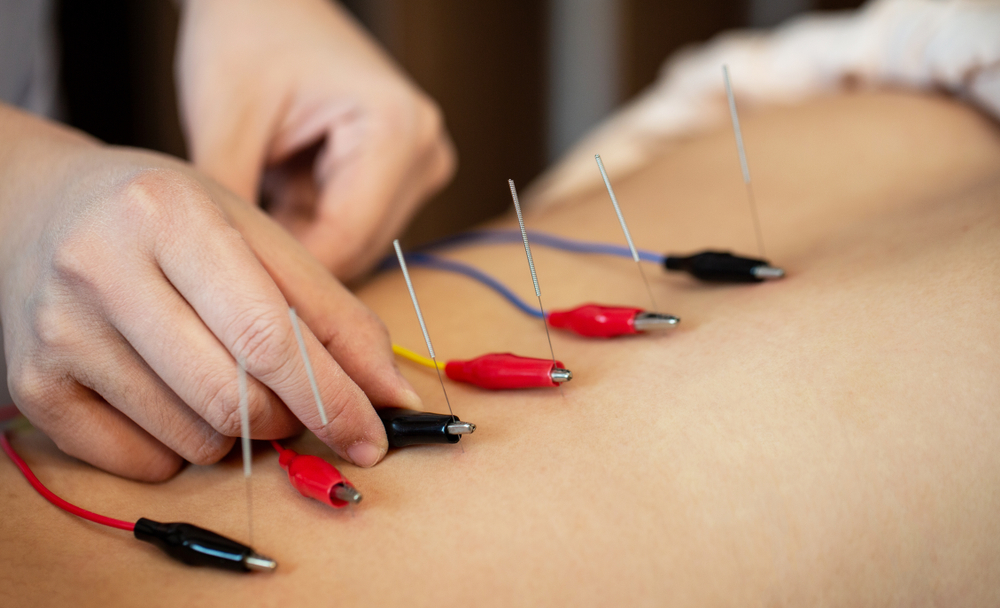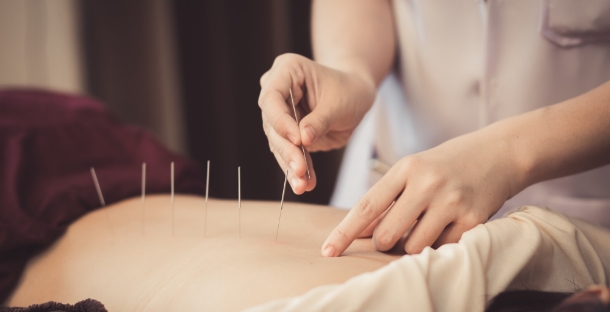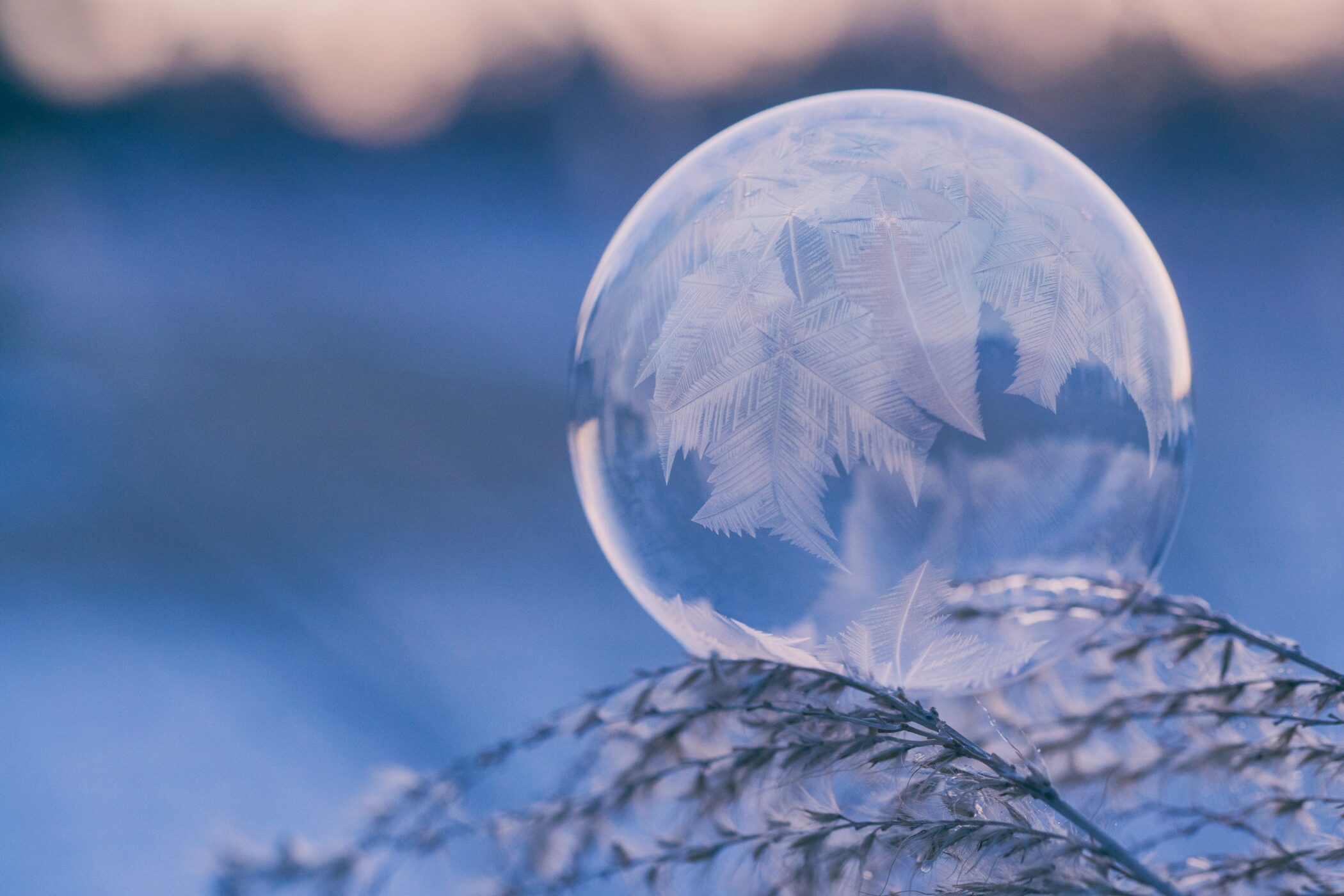
Coping With Dry Skin in the Winter
Winter is upon us again, and that for many that means dealing with a whole host of symptoms, from colds and flus to winter blues. Even people who don’t otherwise find winter impacts their health will notice a change in their skin during the colder months. The dry air and frequent temperature changes will take its toll on your skin if you’re not careful. That doesn’t mean there’s nothing you can do to maintain healthy, glowing skin during the season. Today, we’ll be discussing why winter is so hard on your skin, as well as what you can do about it.
How does winter affect your skin?
Anyone who’s lived through a Canadian winter can tell you that this season doesn’t do your skin any favours. Dry, cracked skin, rashes, and chapped lips are all hallmarks of winter. There are a few culprits to blame for this. The biggest is the rapid shifts in temperatures we undergo when we move from warm, heated spaces to the cold outside and back again. There’s also the fact that conventional methods of heating our homes and indoor spaces invariably dry out the air, which in turn dries out our skin. Lastly, cold temperatures aren’t the only part of winter weather that impacts our skin – the harsh winds common in winter will wear away at our skin’s natural moisture barrier causing rashes, hives, and dryness.
Which skin conditions worsen in the winter?
If you struggle with a chronic skin condition, then you already know that winter makes you more prone to flare-ups. This is because winter tends to draw moisture out of our bodies. Our skin has a protective moisture barrier that is important to maintaining healthy skin. When that barrier is depleted, that’s when we start to see issues. Below are some of the most common skin conditions that worse in the winter.
Eczema
Eczema is a non-contagious skin condition that causes the formation of dry and itchy patches of skin with raised bumps. It is a type of dermatitis and can affect people of all ages. Common triggers for eczema flare ups are dry weather, certain types of soaps and detergents, makeup or skincare products, stress, or coming into physical contact with known allergens.
Psoriasis
Psoriasis is an autoimmune skin condition that causes inflammation in your skin. This is a chronic skin condition and is caused by an over-reactive immune system mistaking healthy cells for foreign invaders. Symptoms include patches of red, scaly skin that are itchy and sometimes raised.
Cold sores
Cold sores are small blisters that form on your lips or around your mouth and are caused by the herpes simplex virus. They are contagious through direct contact, and do tend to reoccur, although not for everyone. Flare ups can be caused by hormonal changes during pregnancy or menstruation, sunburns, extreme hot or cold, stress, fatigue, fever or illness, or from damaged or dry lips.
Dermatitis
Dermatitis is a blanket term for any inflammation of the skin. It can be caused by a variety of things like poor circulation, exposure to harsh chemicals or irritants, infections, and allergens. Common symptoms are dry, itchy patches of skin, redness, and scaly or flaking skin. It can occur in any area of the skin, including the face and scalp.
Cold urticaria
Urticaria is the clinical name for hives, which are raised and itchy bumps that can appear anywhere on the body. Urticaria is a reaction to irritants and allergens. In rare cases, it can be triggered by cold temperatures. It usually appears within minutes of exposure to cold and is limited to the areas in direct contact. Symptoms may worse as your skin warms. There is no clear cause of cold urticaria, but the primary culprit is thought to be the cold triggering the release of histamine and other chemicals into the bloodstream.
Rosacea
Rosacea is a type of chronic inflammation that results in flushing or blushing and skin irritation. It also causes bumps, pimples, thickening of the skin, and eye irritation, as well as visible blood vessels commonly called spider veins. These symptoms generally appear on the face but can appear elsewhere. Rosacea is caused by abnormalities in the blood vessels of the face, a skin mite called demodex folliculorum, or a bacteria called helicobacter pylori. Many who develop rosacea will have a family history of the condition.
Acne
Acne is a long-term skin condition where dead skin cells and oil from the skin clog pores and hair follicles. The areas that are most commonly affected by acne are the face, upper chest, and back, but it can occur anywhere the skin tends to get very oily. While acne is most known to affect teenagers, adults will also experience this skin condition. Pimples, blackheads, and whiteheads are all considered symptoms of acne.
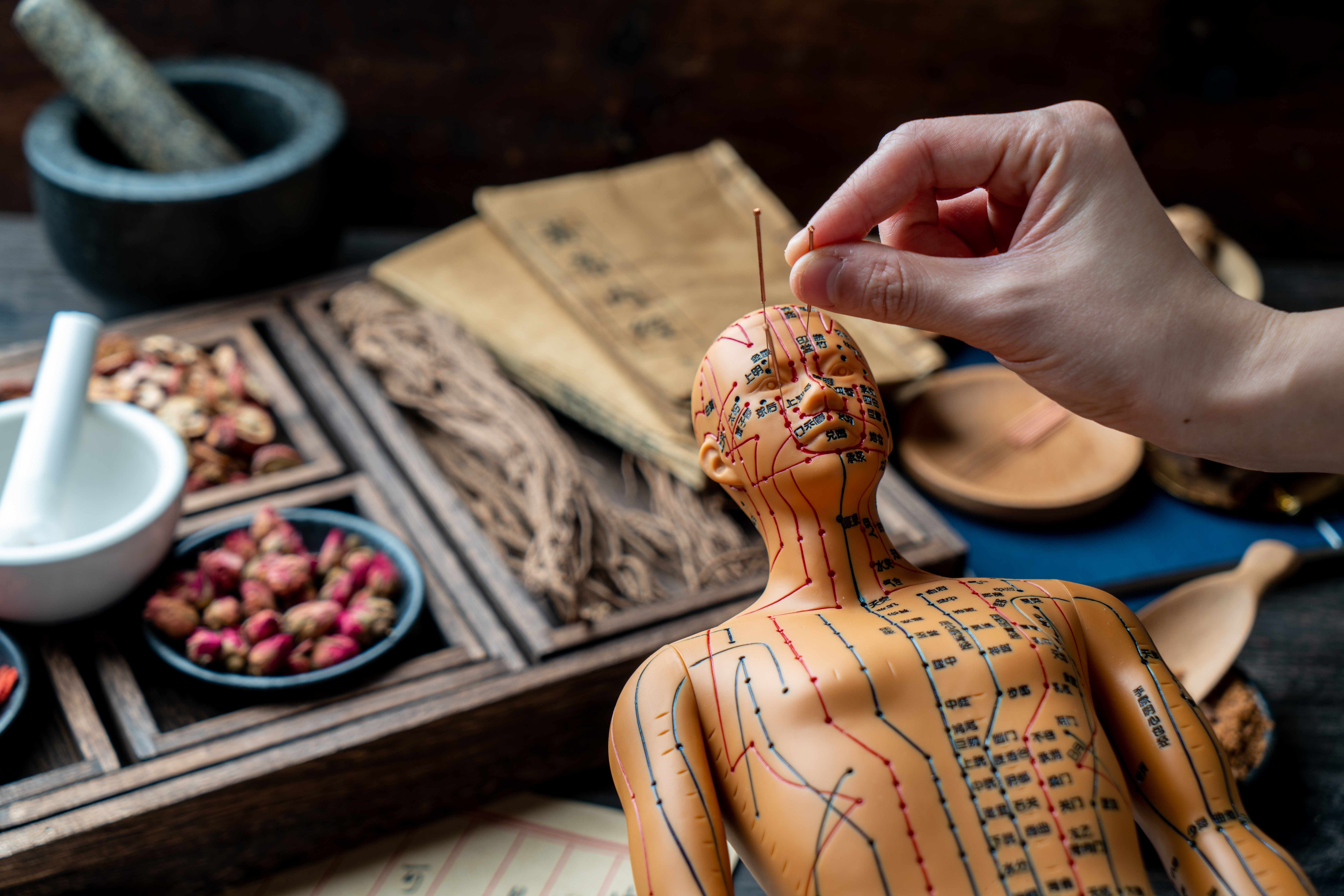
How can acupuncture help?
One of the things acupuncture is known for is its anti-inflammatory properties. As most skin conditions are caused or result in inflammation, acupuncture is an ideal treatment. It is non-invasive and can provide immediate relief of symptoms, as well as help prevent future flare-ups. Since winter tends to dehydrate our skin, acupuncture to support and improve kidney health will prevent the buildup of toxins that can impact the health of your skin. This will have the benefit of helping your body better absorb and retain its hydration.
Other tips to help manage wintertime dry skin
Staying on top of your skin’s health is exceptionally important in the winter. The following are some things you can do at home to manage symptoms between acupuncture treatments:
- Buy a humidifier
- Stay hydrated
- Moisturize and exfoliate your skin
- Avoid soaps that strip your skin’s natural oils
- Don’t scratch at itchy patches
- Limit direct skin exposure to the cold
- Avoid scented detergents, fabric softener, and abrasive fabrics that might irritate your skin
Winter is a harsh reminder of how important it is to pay attention to our health and tend to our body’s needs. As a holistic treatment, acupuncture helps keep the season’s symptoms to a minimum and keeps us resilient to any challenges mother nature throws our way.
